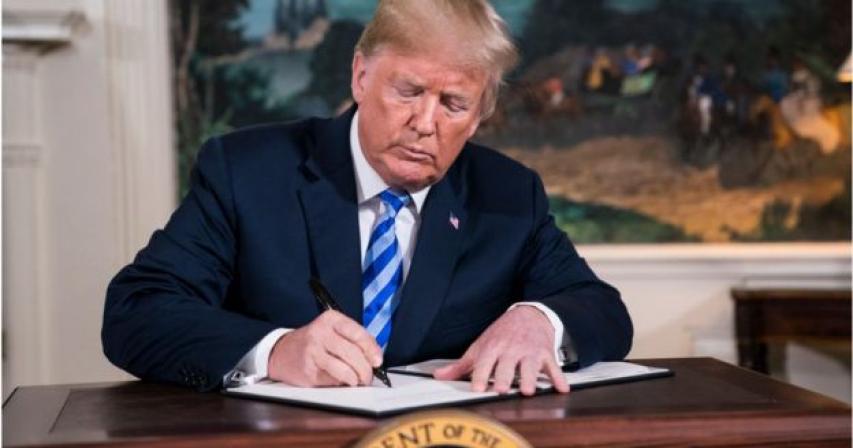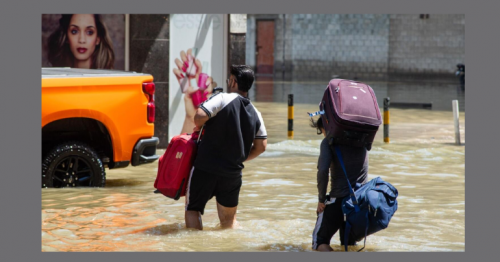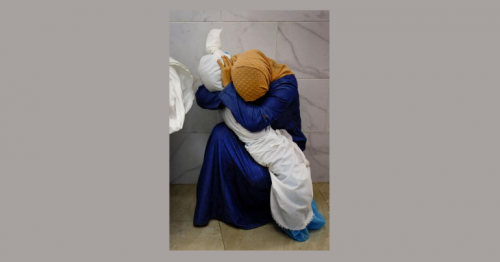The United States implements Iran's "most severe sanctions"

The United States on Monday begins to apply the "most severe" sanctions against Iran, under a wave of protests, in the oil-rich country.
The Trump administration will re-activate all sanctions, which were lifted in accordance with the nuclear deal reached in 2015, targeting Iran and its trade-related countries.
Those sanctions include oil exports, shipping, banks and all the key sectors of the economy.
Thousands of Iranians demonstrated Sunday, chanting "Death to America," rejecting calls for talks,
The Iranian armed forces were quoted as saying that they would conduct air manoeuvres on Monday and Tuesday to review the country's defensive capabilities
The demonstrations took off in Iran on the 39th anniversary of the occupation of the US embassy in Tehran, which led to four decades of mutual hostility between the two countries.
Before travelling to an election meeting in the mid-term elections of the US Congress, Trump said Iran is already under its management policies.
"Sanctions on Iran are very severe," Trump said. It is the most severe punishment we impose at all, and we will see what will happen with Iran, but they will not be okay, I can tell you that. "
Who started this?
Washington is re-imposing sanctions after the Trump administration withdrew from the nuclear deal, which was signed in 2015, which aimed to curb Iran's nuclear ambitions.
Washington also says it wants to stop the so-called "vicious" activities of Iran, such as cyber attacks, nuclear missile tests, and support for terrorist groups and armed groups in the Middle East.
"We are working hard to ensure that we support the Iranian people, and we are directing our activities towards ensuring that the evil behavior of the Islamic Republic of Iran is changed," US secretary of State Mike Pompeu told Fox News on Sunday.
"This is the goal, this is the task, and that is what we will achieve on behalf of the president."
What are the possible results?
Washington has gradually re-imposed sanctions on Iran, but analysts say the last package is the strongest yet.
More than 700 individuals, entities, ships and aircraft will be placed on the sanctions list, including major banks, oil exporters and shipping companies.
More than 100 major international companies have withdrawn from Iran due to the sanctions, Pompei said.
He said Iran's oil exports have dropped by about 1 million barrels a day, stifling the country's main source of income.
Moreover, the Brussels-based Global Interbank Financial Communications Association (SWIFT) is expected to sever its contacts with Iranian sanctions-targeted entities, which will isolate Iran from the international financial system.
How did the European countries react?
Britain, Germany and France, all among the five countries still committed to the agreement, have objected to the US sanctions.
The three countries have pledged to support European companies, which are doing "legitimate business" with Iran, and have established an alternative payment mechanism, which will help those companies to trade, without facing US sanctions.
Analysts, however, doubt that this will reflect heavily on the impact of sanctions on Tehran.
US Treasury Secretary Stephen Menshain warned that Washington would "aggressively" target any company or organization that "circumvent our sanctions."
Who is exempt from sanctions?
The Trump administration has granted exemptions to eight countries, continuing to import Iranian oil, without calling them.
These countries have reportedly included Washington's allies: Italy, India, Japan, South Korea, Turkey and China.
"The eight countries have already achieved a significant reduction in their imports of Iranian crude oil, but they need a" further reduction to reach zero, "said Pompeto.
He added that two of those countries would eventually stop their imports, while the other six would reduce them significantly.
How was the reaction in Iran?
The United States aims to synchronize the imposition of sanctions with the anniversary of the siege of its embassy in Tehran on November 4 November 1979, which occurred after the fall of the Washington-backed Shah regime.
Fifty-two Americans were held at the embassy for 444 days, and the two countries have since become enemies.
Iranian militants are organizing demonstrations to commemorate the embassy's siege every year, but the demonstrators on Sunday expressed outrage over the sanctions.
The government media in Iran said that millions went out to the streets to assert their loyalty to Supreme Leader Khamenei, but the BBC could not independently verify the figure.
This came after Khamenei's fiery speech Saturday, in which he warned the United States that it would not be able to "regain control" over Iran, which was before 1979.
But some Iranians went to Twitter to express their frustration with the regime, launched a label titled "Sorry for the siege of the U.S. Embassy" and attracted more than 19,000 tweets.
One of the singers wrote: "America is not our enemy, our enemy took us hostage in our country."
By: Staff writer / Source: bbc






Comments